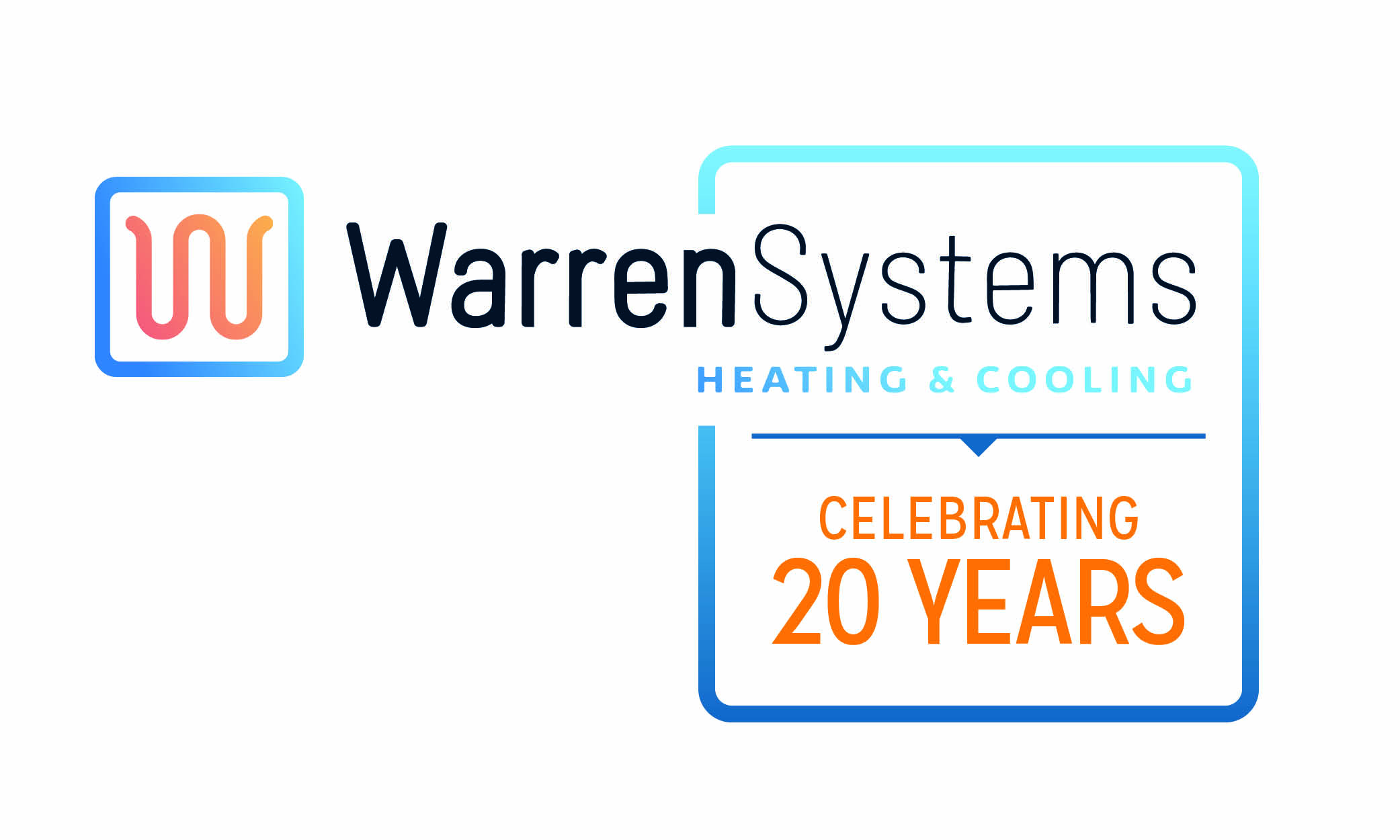Poor air quality has a significant impact on human health and overall well-being. Breathing in polluted air can lead to a wide range of health problems, including respiratory issues such as coughing, wheezing, and shortness of breath. It can also exacerbate existing conditions such as asthma and allergies. Furthermore, poor air quality can have negative effects on mental health, causing symptoms such as anxiety, depression, and decreased cognitive function. In addition to the direct health effects, living in areas with poor air quality can also have socio-economic impacts, including increased healthcare costs and reduced productivity.
Identifying Sources of Smoke and Pollution
Outdoor sources of smoke and pollution include industrial emissions, vehicle exhaust, and wildfires. Industrial emissions refer to the release of pollutants into the air from factories and power plants. These emissions can contain harmful substances such as carbon monoxide, sulfur dioxide, and nitrogen oxides. Vehicle exhaust is another significant contributor to outdoor pollution, as the combustion of fossil fuels in cars and trucks releases pollutants such as carbon dioxide, nitrogen oxides, and particulate matter. Additionally, wildfires, whether natural or man-made, can release large amounts of smoke and pollutants into the air, posing a significant health risk to both humans and the environment.
Indoor sources of smoke and pollution can have a significant impact on air quality within homes and buildings. Tobacco smoke is a major indoor pollutant, releasing harmful chemicals such as nicotine, carbon monoxide, and various carcinogens. Secondhand smoke can be particularly damaging to individuals who are exposed to it regularly. Cooking fumes, especially when cooking with oil or at high temperatures, can generate smoke and release particles and volatile organic compounds (VOCs) into the air. These can contribute to respiratory problems and worsen indoor air quality. Lastly, household chemicals, including cleaning products, paints, and solvents, can emit volatile organic compounds and other toxic fumes that can negatively affect indoor air quality. It is important to ensure proper ventilation and minimize exposure to these sources of indoor pollution.
Steps to Minimize Exposure to Smoke and Pollution
Stay updated on air quality reports and forecasts
To minimize exposure to smoke and pollution, it is important to stay informed about the air quality in your area. Check air quality reports and forecasts regularly, especially during times of increased pollution or when there are wildfires nearby. This information can help you make informed decisions about when to limit outdoor activities and take necessary precautions to protect your health.
Create a clean indoor environment by using air purifiers and proper ventilation
One effective way to minimize exposure to smoke and pollution is by creating a clean indoor environment. Use air purifiers with high-efficiency particulate air (HEPA) filters to remove fine particles and pollutants from the air inside your home. Additionally, ensure proper ventilation by opening windows and using exhaust fans to circulate fresh air and remove indoor pollutants. Regularly clean and maintain air filters and ventilation systems to ensure their effectiveness.
Limit outdoor activities during times of high pollution or smoke
During periods of high pollution or when there is smoke in the air, it is advisable to limit outdoor activities as much as possible. This includes avoiding strenuous activities such as running or exercising outdoors, particularly in areas with poor air quality. If you must go outside, try to schedule your activities during times when pollution levels are lower, such as early morning or late evening. It is also important to be aware of any official advisories or warnings regarding outdoor activities and follow them accordingly.
Wear masks or respirators when necessary
When the air quality is severely compromised and it is necessary to be outdoors, wearing masks or respirators can provide some protection against smoke and pollution. Look for masks that are specifically designed to filter out fine particles, such as N95 respirators. These masks should fit snugly over your nose and mouth to effectively filter the air you breathe. However, it is important to note that masks alone may not provide complete protection, and it is still best to limit exposure as much as possible.
Take preventive measures to reduce indoor and outdoor pollution sources
To further minimize exposure to smoke and pollution, it is important to take preventive measures to reduce both indoor and outdoor pollution sources. Indoors, avoid smoking or using any other sources of indoor air pollution. Keep your home clean and free of dust and allergens by regularly dusting, vacuuming, and mopping. Outdoors, support efforts to reduce pollution by using public transportation, carpooling, or biking instead of driving alone. Additionally, avoid using products that contribute to outdoor air pollution, such as aerosol sprays or gasoline-powered lawn equipment. By taking these preventive measures, you can contribute to both your own well-being and the overall improvement of air quality.
If you’re looking to improve your air quality at home, be sure to give us a call to assess your home and see how we can help you! Call us for a free quote today or if you have any questions. You can contact us at (810)-245-8751

